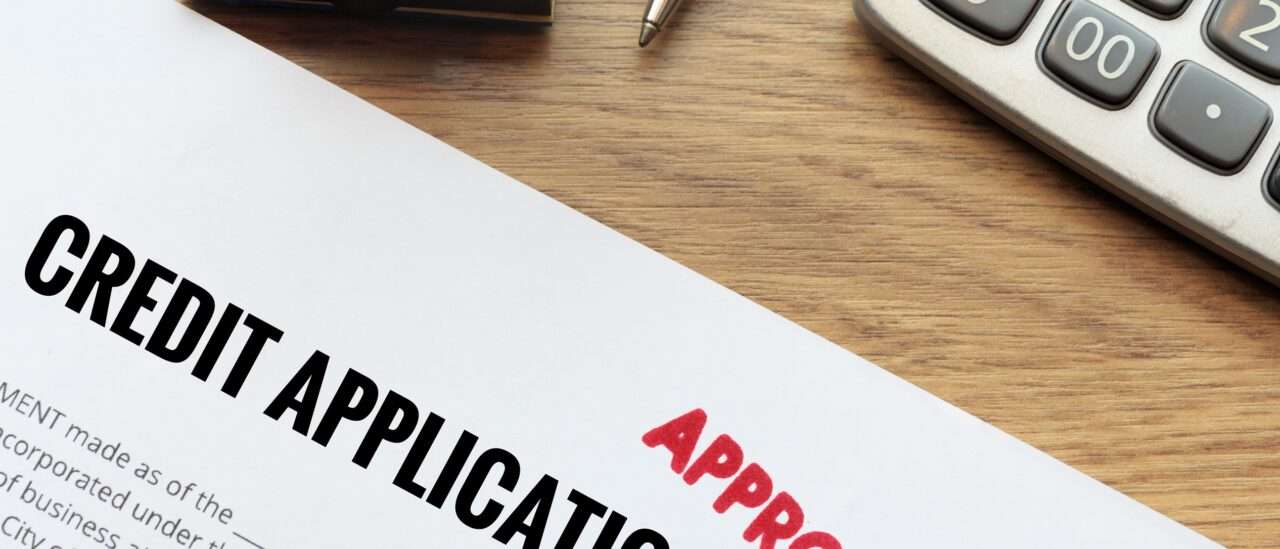Prompt, clear, and accurate billing is essential to your cash flow and increasing your bottom line. It’s also easy to implement. This article will discuss how these simple billing practices make collecting receivables easier and should be part of your regular credit procedures.
Prompt Billing Makes Collecting Receivables Easier
After providing your goods or services, prompt billing improves cash flow and helps identify problem accounts quickly.
As to cash flow, the sooner you bill a paying customer, the sooner you get paid. If you take a month to get your invoices out, you’ll get paid a month later while paying your own bills now.
Also, the sooner you bill a nonpaying customer, the sooner you identify problems and can react to them. For example, billing a month later means you’ve lost time in the race against other creditors. In contrast, billing promptly could give you a head start in litigation, in settlement or in enforcing a judgment.
Clear & Accurate Billing Makes Collecting Receivables Easier
Besides billing quickly, your invoices should be clear, itemized and free of errors. Sloppy billing can confuse paying customers, and give nonpaying customers an excuse.
For example, if you send an unclear or inaccurate bill, even a paying customer is unlikely to pay it. The time it takes to identify, address and correct billing errors causes delays and slows down cash flow.
And for nonpaying customers, even the smallest discrepancies are an excuse not to pay. They may have stalled or avoided payment anyway, but sloppy billing makes it easier for them.
As these examples illustrate, timely and accurate billing are simple practices to implement that can have a huge impact on collecting receivables. Including them in your regular procedures should pay dividends for your cash flow and bottom line.
For more information on collecting receivables, or if you’d like to discuss a specific collection issue, call me at 856-667-1669 or contact me here.
This material is for informational purposes only and should not be construed as legal advice. No person should rely on this information without seeking the advice of an attorney.
